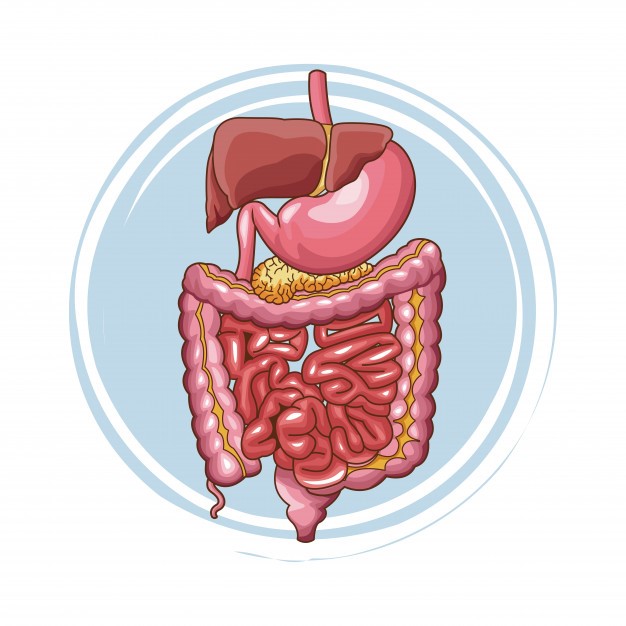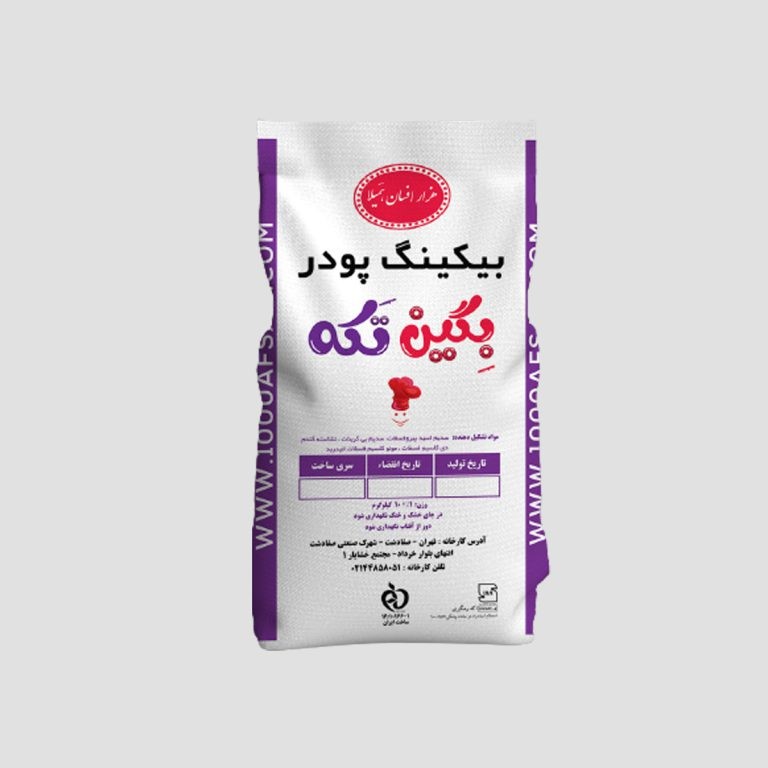Celiac disease and the problems of affected patients

What is celiac disease?
Celiac disease is a chronic autoimmune disease caused by gluten consumption. Gluten is a protein found in wheat, barley and rye.

In people with celiac disease, consuming gluten causes an immune system reaction that damages the villi of the small intestine.
Symptoms of celiac disease
Symptoms of celiac disease can vary from person to person. Some people with this disease have no symptoms, while others may have severe gastrointestinal symptoms such as:
Diarrhea: This is the most common symptom of celiac disease and can be chronic or intermittent. Diarrhea caused by celiac disease is usually watery and greasy and may be foul-smelling.
Bloating: Bloating and feeling full after eating are common symptoms of celiac disease.
Abdominal pain: Abdominal pain in people with celiac disease can range from mild to severe and is usually felt in the upper abdomen or around the navel.
Weight loss: People with celiac disease may lose weight without any effort. This is due to malabsorption of nutrients caused by damage to the villi of the small intestine.
Constipation: Constipation is not uncommon in people with celiac disease, but it is not as common as diarrhea.
Nausea and vomiting: Nausea and vomiting can also be symptoms of celiac disease.
Non-gastrointestinal symptoms of celiac disease can also include the following:
- Fatigue: Fatigue is a common symptom of celiac disease and can be caused by iron or other nutrient deficiencies.
- Anemia: Anemia is caused by insufficient absorption of iron from the small intestine.
- Osteoporosis: Celiac disease can lead to osteoporosis because the body is unable to fully absorb calcium and vitamin D.
- Skin problems: Some people with celiac disease may develop skin rashes such as dermatitis herpetiformis.
- Depression and anxiety: Depression and anxiety are more common in people with celiac disease.

Not everyone with celiac disease experiences all of these symptoms. Some people may have only a few mild symptoms, while others may have severe and debilitating symptoms.
Problems of celiac patients
Celiac disease beyond uncomfortable digestive symptoms can cause many problems for the health of affected people. Here are some of the most important problems:
1. Malabsorption of nutrients:
Damage to the villi of the small intestine due to gluten consumption leads to malabsorption of essential nutrients such as iron, vitamin B12, calcium, vitamin D and folate. This can lead to anemia, neurological problems, osteoporosis, osteoporosis, and other health problems.
2. Immune system problems:
Celiac disease is an autoimmune disease, meaning the body’s immune system mistakenly attacks gluten. This can lead to chronic inflammation in the gut and other parts of the body. Chronic inflammation can increase the risk of other diseases, such as heart disease, type 1 diabetes, and some types of cancer.
3. Fertility problems:
Women with celiac disease may experience fertility problems, such as miscarriage and infertility. This is due to nutrient deficiencies and chronic inflammation associated with the disease.
4. Dental problems:
Some people with celiac disease may experience tooth enamel defects, tooth sensitivity, and an increased risk of gum disease.
5. Chronic fatigue:
Fatigue is one of the common symptoms of celiac disease and can be due to nutrient deficiency, malabsorption and chronic inflammation.
6. depression and anxiety:
People with celiac disease are more prone to depression and anxiety. This can occur due to a variety of factors, including changes in hormone balance, nutrient deficiencies, and chronic inflammation.
7. Bone problems:
Celiac disease can lead to osteoporosis and soft bones (in children). This happens due to malabsorption of calcium and vitamin D.
8. Increased risk of other diseases:
People with celiac disease may be at risk for other autoimmune diseases, such as Hashimoto’s disease, type 1 diabetes, and inflammatory bowel disease (IBD).
As many as 85% of people with celiac disease may not have obvious symptoms and may not be aware of their disease, according to the National Digestive Diseases Foundation (NIDDK). This is known as “silent celiac disease.”
Baking powder without gluten: achievement of Hamila company
Celiac disease is an autoimmune disorder that attacks the digestive system of the affected person after consuming gluten. Gluten is a protein found in wheat, barley and rye, and its elimination from the diet is essential for celiac patients.
One of the main challenges for celiac patients is cooking and finding suitable substitutes for gluten-containing ingredients. Baking powder is one of the common ingredients in cooking, which usually contains gluten.

Fortunately, there is a solution for this problem as well: Hamila gluten-free baking powder. This type of baking powder is prepared from ingredients such as corn starch, baking soda, and citric or tartaric acids, and it does not contain any gluten, which is made by Hamila and is suitable for celiac patients.
Hamila Food Industries was established in 2018 and has been active in the field of baking powder production. Baking powder is a baking agent for cakes and sweets. This company has been and is a supplier of large companies in the country.
Advantages of using Hamila gluten-free baking powder:
Safe for celiac patients: This type of baking powder does not cause any allergic reactions or digestive symptoms in celiac patients. Similar taste and performance: Gluten-free baking powder has the same taste and performance as regular baking powder and can be used in a variety of recipes.
Suitable for people with other food allergies: baking powderGluten-free Hamila is free from common allergens such as dairy, egg and soy and is suitable for people who are allergic to these substances.
Easy access: Hamila gluten-free baking powder is now easily available in many grocery stores and on the Hamila website.
By using Hamila gluten-free baking powder, celiac patients can also enjoy the pleasure of cooking and eating delicious and varied foods.



